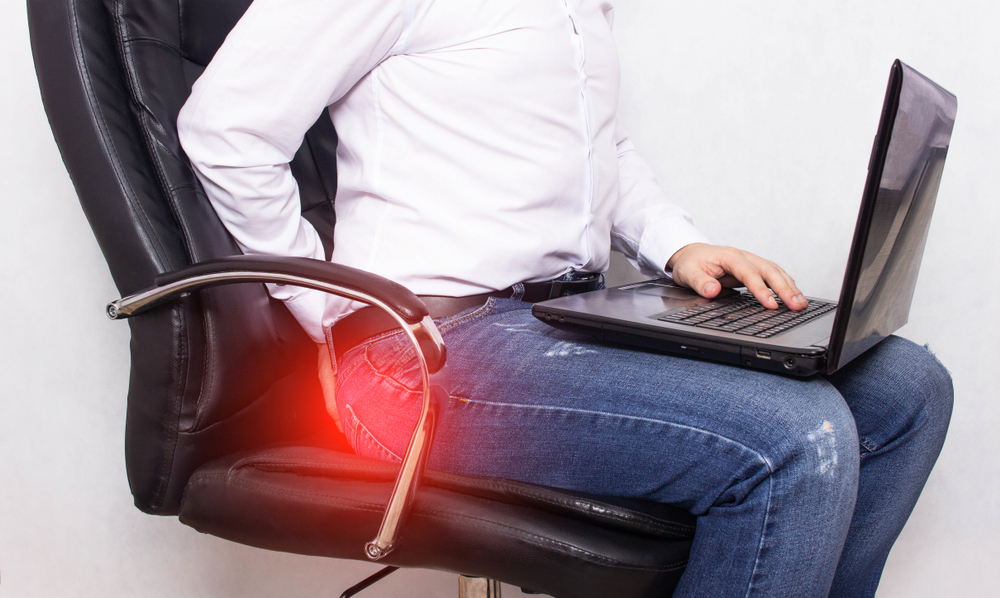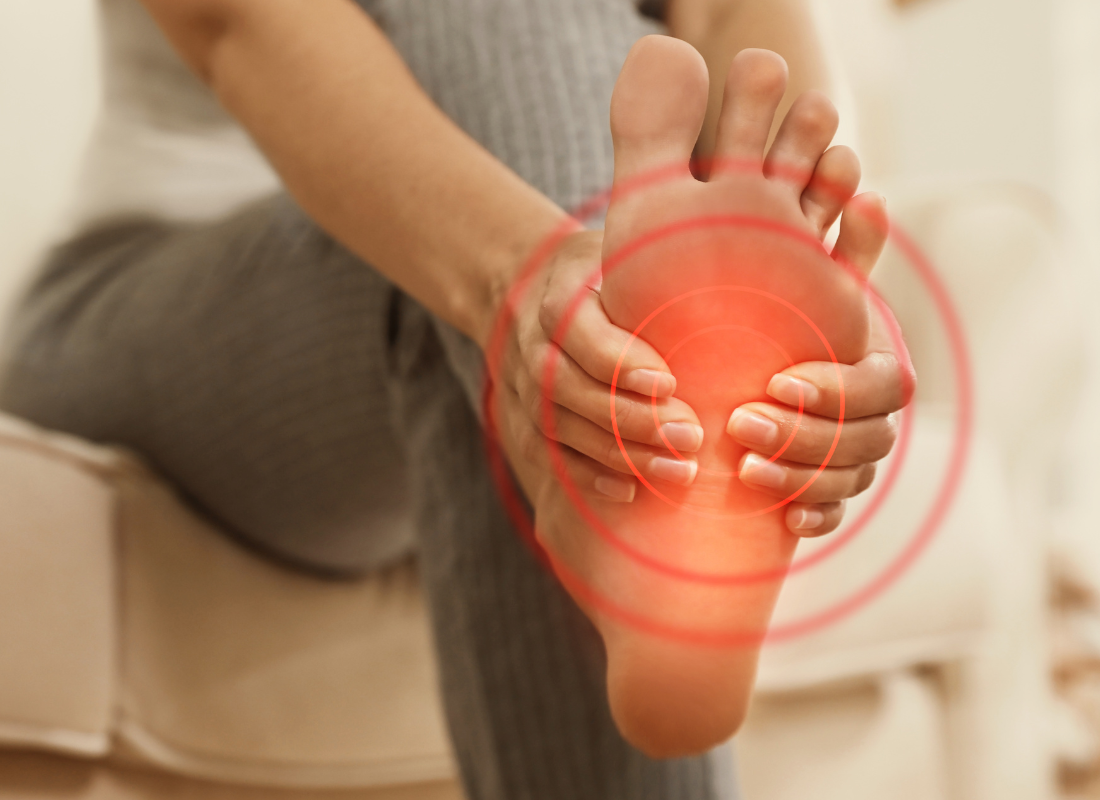Pain in Back? Causes of Fissures and How to Cure Fissures?
What is Fissure?
Anal fissures are small tears in the lining of the anus and can be quite uncomfortable. Several factors can contribute to their development. Fissure treatment cost varies depends upon the patient's health condition. Let us see the common causes of anal fissures in humans.
Hard or large stools:
Passing hard bowel movements or large stools can stretch and tear the delicate lining of the anus, leading to fissures. This can occur due to conditions such as chronic constipation, inadequate fiber intake, or dehydration.
Chronic diarrhea:
Frequent episodes of diarrhea can irritate the anal area and make it more prone to developing fissures. Conditions like inflammatory bowel disease, irritable bowel syndrome, or infections can cause chronic diarrhea.
Anal trauma:
Injury or trauma to the anal area, such as from excessive or rough anal sex, inserting foreign objects, or aggressive wiping, can cause fissures.
Spasms of the anal sphincter:
When the anal sphincter muscle goes into spasms, it can cause increased pressure on the anal area, leading to fissures. This can occur due to conditions like anal fissure, anal fistula, or certain neurological disorders.
Childbirth:
The stretching and pressure exerted on the anal area during childbirth can sometimes result in anal fissures.
If you are experiencing symptoms or are concerned about anal fissures, it's advisable to seek medical attention from highly experienced general surgeons for a proper diagnosis and appropriate treatment.
1. Self-care measures:
- Increasing fiber intake: Consuming a diet rich in fiber can help soften stools and ease bowel movements, reducing the risk of further irritation and tearing.
- Staying hydrated: Drinking an adequate amount of water helps maintain soft stools, making them easier to pass.
- Sitz baths: Soaking the affected area in warm water for about 10-15 minutes several times a day can help relieve pain, reduce inflammation, and promote healing.
- Maintaining proper hygiene: Keeping the anal area clean and dry can prevent infection and further irritation. Gently patting the area dry after bowel movements is recommended.
2. Topical medications:
- Over-the-counter creams or ointments: Applying topical creams or ointments containing hydrocortisone or lidocaine can help alleviate pain, reduce inflammation, and promote healing.
3. Medications:
- Nitroglycerin ointment: This medication helps relax the anal sphincter muscle, improving blood flow to the area and promoting healing.
- Calcium channel blockers: These medications, usually in the form of ointments or creams, can also help relax the anal sphincter muscle and reduce pain.
4. Botox injections: In severe or chronic cases, injections of botulinum toxin (Botox) may be used to relax the anal sphincter muscle, allowing the fissure to heal.
5. Surgery: If conservative treatments fail to provide relief, surgical options such as lateral internal sphincterotomy or advancement flap procedure may be considered. These procedures aim to alleviate pressure on the anal sphincter and promote healing.
Closing thoughts:
It's important to consult and go with the best treatment for fissures in Coimbatore for an accurate diagnosis and appropriate treatment plan based on your condition. They can provide you the guidance on the most suitable anal fissure operation options and fissure treatment costs.
Passing hard bowel movements or large stools can stretch and tear the delicate lining of the anus, leading to fissures. This can occur due to conditions such as chronic constipation, inadequate fiber intake, or dehydration.
Chronic diarrhea:
Frequent episodes of diarrhea can irritate the anal area and make it more prone to developing fissures. Conditions like inflammatory bowel disease, irritable bowel syndrome, or infections can cause chronic diarrhea.
Anal trauma:
Injury or trauma to the anal area, such as from excessive or rough anal sex, inserting foreign objects, or aggressive wiping, can cause fissures.
Spasms of the anal sphincter:
When the anal sphincter muscle goes into spasms, it can cause increased pressure on the anal area, leading to fissures. This can occur due to conditions like anal fissure, anal fistula, or certain neurological disorders.
Childbirth:
The stretching and pressure exerted on the anal area during childbirth can sometimes result in anal fissures.
If you are experiencing symptoms or are concerned about anal fissures, it's advisable to seek medical attention from highly experienced general surgeons for a proper diagnosis and appropriate treatment.
What are treatments for fissure?
Anal fissure treatment typically involves a combination of self-care measures and medical interventions. Consulting the fissure doctor in Coimbatore is the best way to know more treatment options. We have listed below some of the treatments for fissure1. Self-care measures:
- Increasing fiber intake: Consuming a diet rich in fiber can help soften stools and ease bowel movements, reducing the risk of further irritation and tearing.
- Staying hydrated: Drinking an adequate amount of water helps maintain soft stools, making them easier to pass.
- Sitz baths: Soaking the affected area in warm water for about 10-15 minutes several times a day can help relieve pain, reduce inflammation, and promote healing.
- Maintaining proper hygiene: Keeping the anal area clean and dry can prevent infection and further irritation. Gently patting the area dry after bowel movements is recommended.
2. Topical medications:
- Over-the-counter creams or ointments: Applying topical creams or ointments containing hydrocortisone or lidocaine can help alleviate pain, reduce inflammation, and promote healing.
3. Medications:
- Nitroglycerin ointment: This medication helps relax the anal sphincter muscle, improving blood flow to the area and promoting healing.
- Calcium channel blockers: These medications, usually in the form of ointments or creams, can also help relax the anal sphincter muscle and reduce pain.
4. Botox injections: In severe or chronic cases, injections of botulinum toxin (Botox) may be used to relax the anal sphincter muscle, allowing the fissure to heal.
5. Surgery: If conservative treatments fail to provide relief, surgical options such as lateral internal sphincterotomy or advancement flap procedure may be considered. These procedures aim to alleviate pressure on the anal sphincter and promote healing.
Closing thoughts:
It's important to consult and go with the best treatment for fissures in Coimbatore for an accurate diagnosis and appropriate treatment plan based on your condition. They can provide you the guidance on the most suitable anal fissure operation options and fissure treatment costs.




Comments
Post a Comment